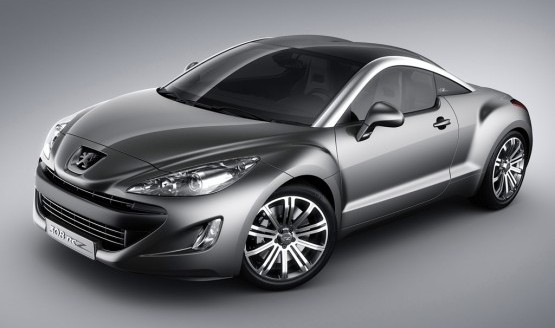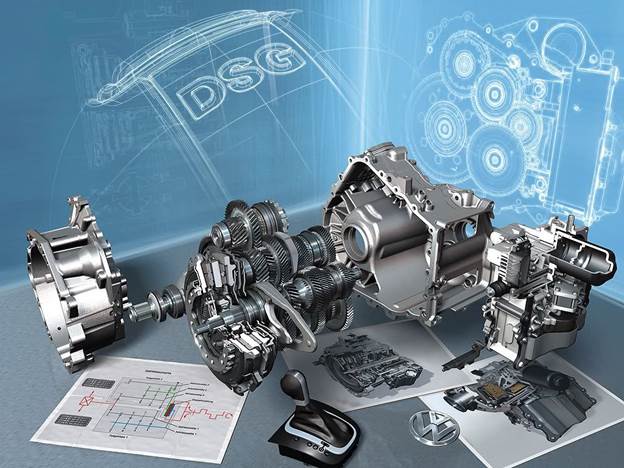While powertrain electrification is
making clear headway in the automotive world, its take-up with light commercial
vehicle manufacturers remains sluggish – despite the obvious benefits that the
technology promises
The electrical components and subsystems
are all water-cooled, as Mercedes aims to maintain an efficient working
temperature of around 30°C. To ensure that the vehicle’s driver and passengers
have enough heating in the colder months, the Vito E-Cell is equipped with an
electric heater booster and electrically heated seats.

The
Peugeot family owns nearly 21 percent of PSA Peugeot Citroen, and according to
Streiff while he was in office, the family is determined to ensure that the
carmaker remains among the leaders in the industry.
Re-entering the electric drive van market
is PSA Peugeot Citroën, having recently launched the Partner Electric and
Berlingo Electric, respectively. The twins are equipped with lithium-ion
batteries with a capacity of 22.5kWh. They are made up of 80 cells, each having
a 3.75V nominal voltage. The cells are assembled in five modules of 16
elementary cells in two packs, which slot beneath the standard van body on
either side of the rear axle.
Each module is equipped with two cell
monitor units that check temperature, voltage and the current of each cell. A
battery management unit optimizes overall energy efficiency to guarantee the
best possible range.
Partner and Berlingo Electric’s e-motor
offers 49kW of power with 200Nm of torque, and Peugeot claims a range of 170km
(106 miles), although again 130km (80 miles) is probably a more reasonable
everyday range in the real world. However, the company says that over 70% of
van customers make daily journeys of less than 96km (60 miles), leaving plenty
of additional capacity.
A different chemistry
While electric versions of the Vito,
Partner and Berlingo are all new, Iveco has been offering the Daily Electric
van for some time, although pricing is so much higher than the equivalent diesel
models that it has yet to make an impact in key European markets.

Iveco
has delivered 10 diesel-electric hybrid Daily vans to FedEx Express as part of
an extended field evaluation in conjunction with the world’s largest express
air delivery company.
Built by the Italian company’s AlTra
alternative transport division, the go their own way, using sodium nickel
chloride (Na/NiCl2) Zebra Z5 battery packs rather than the more common
lithium-ion option.
For the 3.5metric ton GVW development of
the Daily Electric, customers can choose between two battery options: a
two-battery pack solution, with a 90km (55-mile) range and a 1,030kg payload;
or a four-battery setup, extending the range to 120km (75 miles) but dropping
carrying capacity to 810kg. Iveco also offers a 5 metric ton EcoDaily Electric
– again with a choice of two or three battery packs.
In terms of its inner system workings, the
Daily Electric runs through an asynchronous three-phase 30kW rated e-motor,
delivering up to 60kW of peak power. The batteries realize 76Ah and boast a
21.2kWh capacity, with recharging in eight hours through a three-phase 380V 32A
power supply.
While most of its competitors have moved
into the e-van realm with first- or second generation products, Volkswagen has
been keeping a close eye on developments but has yet to launch anything
commercially. The German engineering giant has, however, built both e-Caddy van
and e-Load Up prototypes to assess performance and demand. As with the
allelectric Golf, which was previewed in the last issue of E&H, the e-Caddy
uses a permanent synchronous motor with a power output of 85kW and 270Nm of
torque. A VW-designed lithium-ion battery pack, with cells from Panasonic, has
a storage capacity of 24.2kWh. That’s enough, claims VW, for a range between
130km and 190km (80-120 miles).
As with the commercials already launched on
the market, e-Caddy’s batteries are concealed beneath the standard van’s floor.
However, their added weight does restrict the tech demonstrator’s payload to
just 550kg.

VW's
direct shift gearbox (DSG) is a 6 speed dual clutch manual-like transmission
that automatically shifts. It has internals similar to a manual transmission
with a "brain/valve body" called mechatronics which shifts it.
Where VW has moved the game on, however, is
with retardation and regeneration. In almost every other electric LCV on the
market, the regeneration is preset by the manufacturer, often providing far
more braking force than would be found in a passenger car. However, VW gives
the driver the choice, by using a DSG gearbox selector with paddles behind the
steering wheel, to set up to three regeneration braking positions.
That said, there is also a brake position
on Nissan’s e-NV200 transmission lever that lets the driver alter the amount of
regenerative braking between two settings.